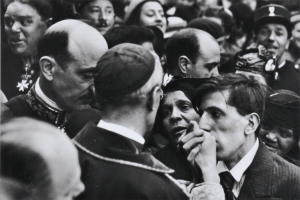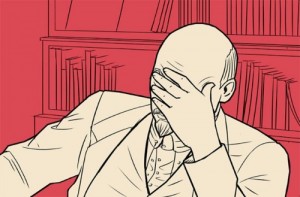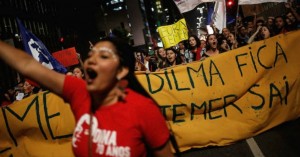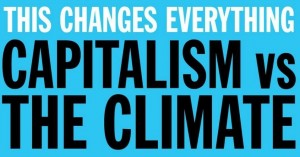
Anscombe and Winogrand, Danto and Mapplethorpe: A Reply to Dominic McIver Lopes
The Anscombian response to this worry is that it’s a mistake to break the act down into component parts, a mistake to think of the intention as something that’s outside of the physical act, either as its cause or as a mental state existing either prior to or alongside it. That’s why she says your hug isn’t given its meaning by the words “you silly little twit” “occur[ring]” to you while you embrace your old acquaintance, they have to be “seriously meant.” And you could mean the hug to be ironic even if you were thinking only affectionate thoughts at the time you administered it, or thinking nothing at all. The correct answer to the question, “why did you hug him?” would still be, to show my contempt.








